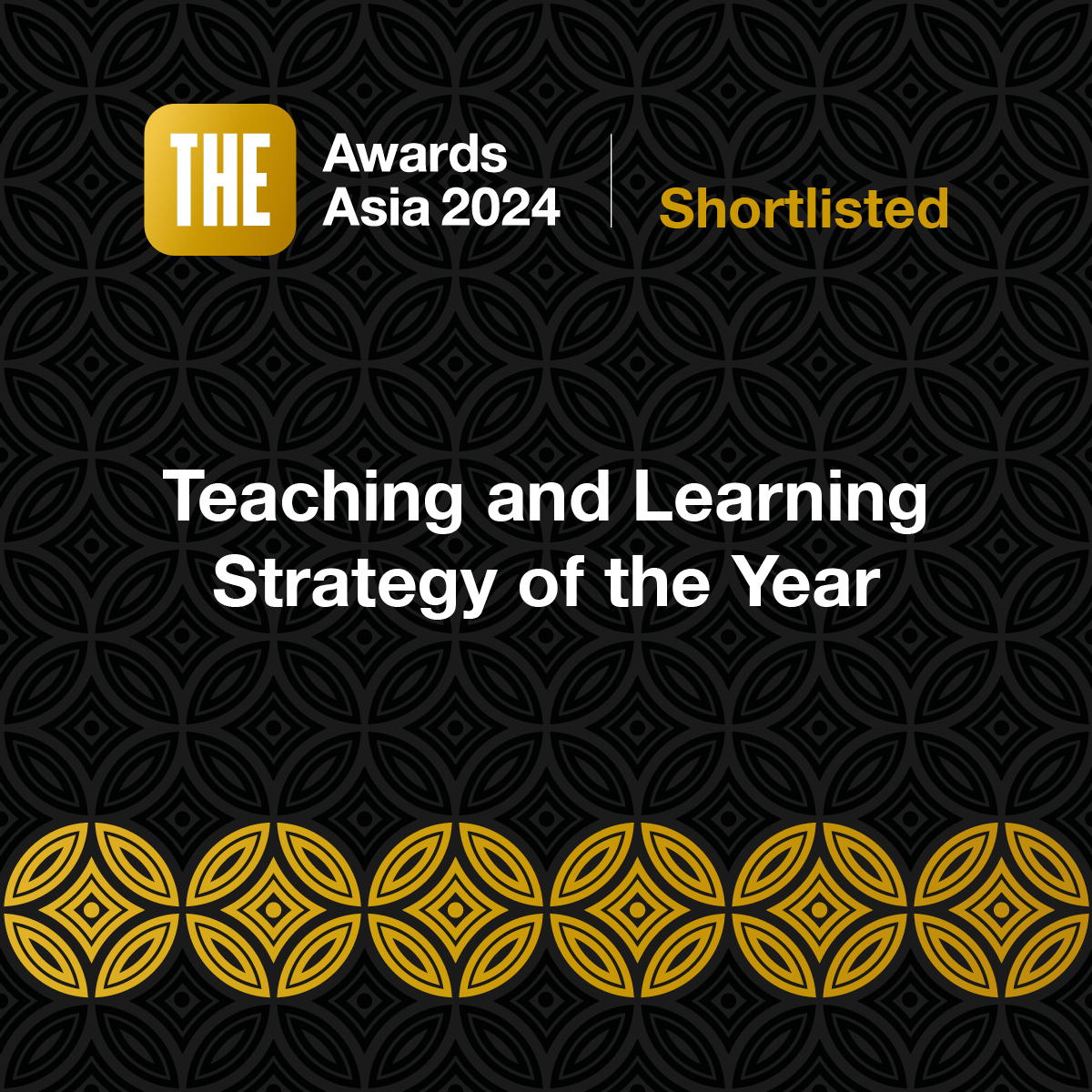
Empowering Future Healthcare Leaders to Shape Planetary Health
The conference started with the opening speech of our Rector Prof. Dr. Hakan Abacıoğlu titled “Planetary Health and Shaping Sustainable ...

Medical Point Selected as Turkey's First Private 'Patient Friendly Hospital
IUE Medical Point Hospital, which makes a difference with its patient-oriented approach in healthcare services in Turkey, won the “Patient ...












